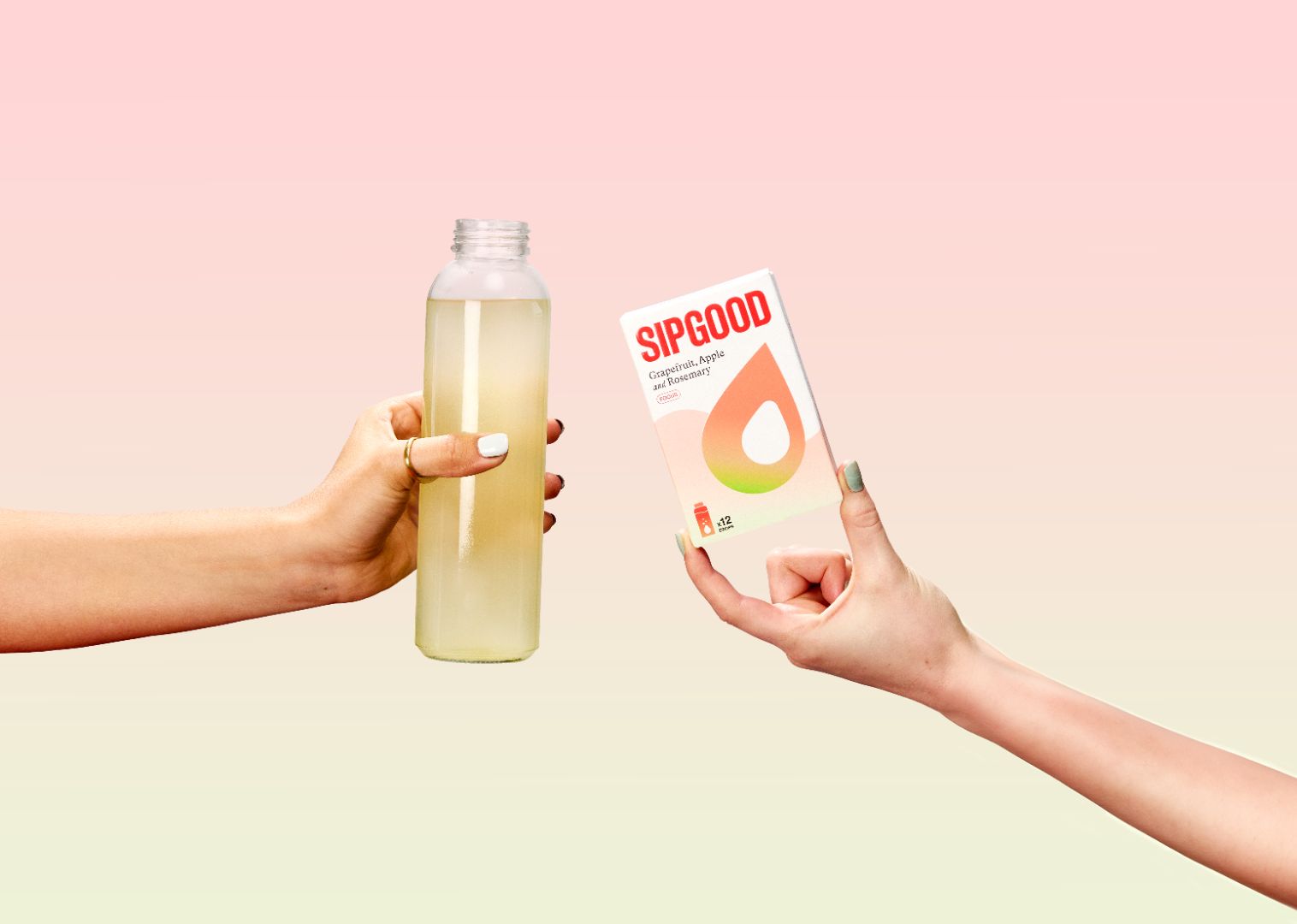
Are you dehydrated? Recognising the symptoms & risks
Guest written by Clarissa Lenherr, nutritionist (BA HONS, DIP NT, mCNHC, mBANT)
As a nutritionist, I frequently see clients who are unknowingly dehydrated. Dehydration isn’t just limited to hot summer days or intense exercise; it can affect anyone at any time of year, often with subtle or easily missed symptoms. In fact, cold weather can actually dampen our thirst cues, meaning we often drink less water than we need in the winter.
Let’s explore some common signs of dehydration, reasons you might be dehydrated, and specific life stages when you might need to hydrate even more.
Recognising the Symptoms of Dehydration
Dehydration can present itself in unexpected ways. While thirst is an obvious indicator, many other signs can go unnoticed!
These include:
- Urinating less
- Fatigue
- Headaches
- Dry skin and mouth
- Sunken eyes
- Constipation
- Mood changes
- Poor concentration and brain fog
- Muscle cramps especially after exercise
- Dizziness and lightheadedness on standing
- Dark coloured urine
Why Might You Be Dehydrated?
A common reason for dehydration is simply not drinking enough water! I know that sounds extremely obvious but it's easy to confuse thirst with hunger, so you may be reaching for a snack when what you actually need is water. And if you’re eating a lot of salty foods, your body needs even more water to balance things out.
Some people think any liquid counts for hydration but caffeinated or alcoholic drinks drinks like caffeine and alcohol can be dehydrating. They are mild diuretics, making us lose more water through increased trips to the bathroom.
Lifestyle is another factor, whether you’re training intensely or sitting at a desk all day. People who do a lot of strenuous exercise typically need to rehydrate and restore electrolyte balance.
Think you’re fine because you DON’T exercise? Those who work in warm environments or sit in air-conditioned offices actually lose water to the dry air around them so even if you’re not active, you probably need more water than you realise. A recent study found that 80% of UK adults don’t drink enough water.* (*Liquid I.V.® UK online survey of 1096 male and female UK consumers aged 18+ carried out by Toluna (Oct 2023).
Other Times You Might Need to Hydrate More
Certain life stages and health conditions can also increase the body’s need for water. Pregnant and breastfeeding women in particular need extra hydration. Water is essential for a baby’s development and not drinking enough during pregnancy can lead to issues like low amniotic fluid, early labour, and constipation. For women who breastfeed, water is critical to milk production – ask any breastfeeding woman how thirsty she was!
The cycle continues through menopause, when changes in oestrogen can mess with hydration, often making symptoms like dryness, hot flushes, and night sweats worse, which all add to fluid loss.
Why Staying Hydrated Matters Even When It's Cold
Staying hydrated in winter is just as important as in the summer, even if we don’t feel as thirsty. Chilly temps mean we lose moisture in other ways—like through our breath and from sweating under layers of warm clothes.
Central heating also dries out the air indoors, which can zap moisture from our skin and respiratory system, leading to dry skin, scratchy throats, and sluggishness. A humidifier can help balance the dry air, but the simplest fix is to up your water intake and keep an eye on hydration levels all season long.
Staying on Top of Your Hydration
A good rule of thumb is to drink water consistently throughout the day rather than waiting for thirst. Consider hydrating foods like fruits and vegetables, and be mindful of factors in your environment, diet, or lifestyle that could be contributing to fluid loss.
Check your pee - the colour code to staying hydrated
Lastly, one of the simplest and most effective ways to gauge your hydration status is by observing the colour of your pee! Here is my quick guide:
- Light, pale yellow—similar to the colour of lemonade - ideal
- Clear - this may mean you're overhydrated, which isn’t usually harmful but can dilute essential electrolytes if excessive.
- Darker yellow/ amber-coloured urine - signals dehydration, suggesting you need to increase your water intake.
- Very dark/brown - could indicate severe dehydration or even liver issues, so it’s important to hydrate immediately and seek medical advice if the colour persists.
Remember that bright or neon yellow urine often results from vitamin supplements, especially B vitamins, which are water-soluble and can make urine appear neon!
Note: severe dehydration is a medical emergency and requires immediate attention. Signs include extreme thirst, very dark or no urine output, dizziness, rapid heart rate, confusion, and fainting. In children, signs like a sunken soft spot on the head, no tears when crying, and unusual drowsiness or irritability are serious indicators. If you or someone else experiences these symptoms, or if mild dehydration symptoms don’t improve after rehydrating, it's essential to seek medical help.

